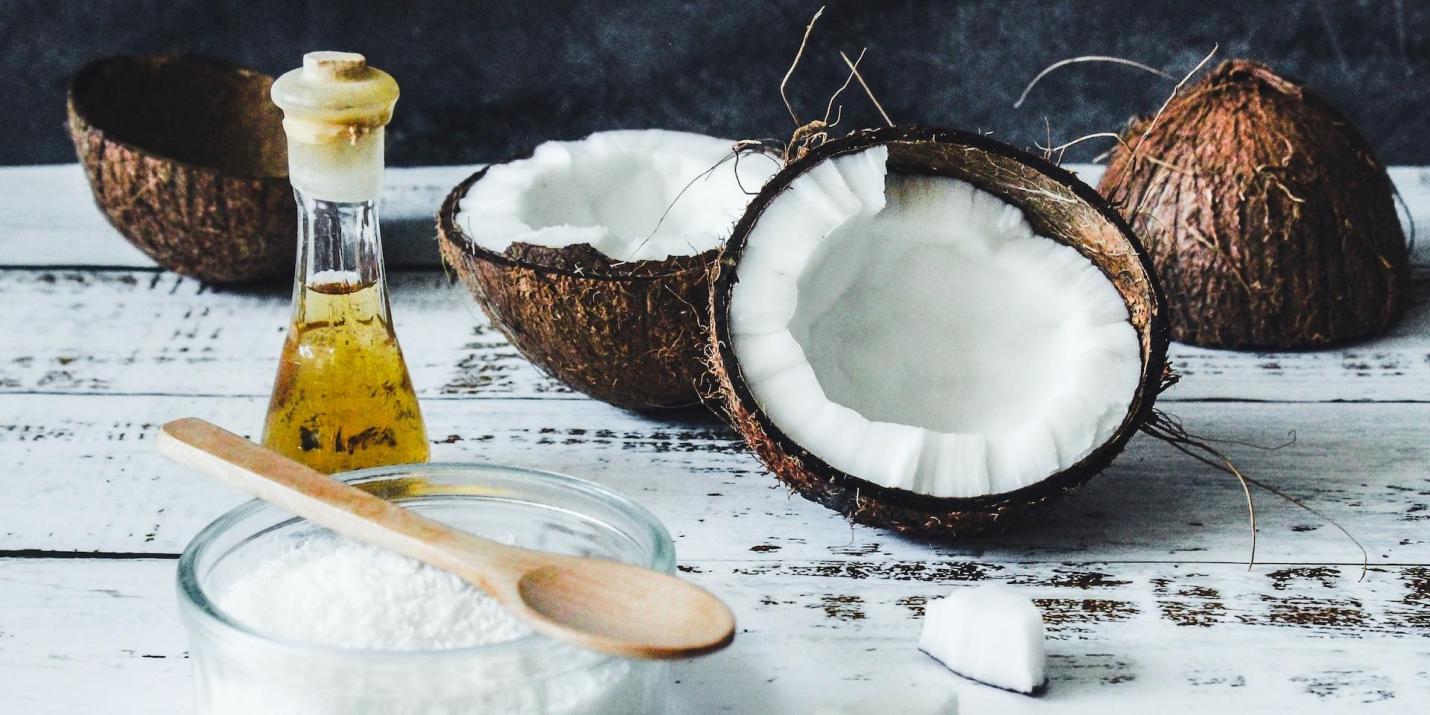Canola oil is one of the most popular cooking oils worldwide. With its mild flavor and versatile application in cooking, it's not hard to see why so many households have a bottle tucked away in their pantries. But is canola oil healthy? Let's break it down for you.
What Is Canola Oil?
- Origin: Canola oil comes from the seeds of the canola plant, which is a genetically modified version of the rapeseed plant.
- Production: The oil is produced by crushing canola seeds, then refining, bleaching, and deodorizing the oil.
- Composition: Canola oil is mainly composed of monounsaturated fats, making it heart-healthy.
Nutritional Profile
Canola oil boasts a rich profile of essential fatty acids:
- Monounsaturated fats (MUFA): 62%
- Polyunsaturated fats (PUFA): 32%, which includes Omega-6 and Omega-3 fatty acids
- Saturated fats: 7%
The presence of Omega-3 fatty acids makes canola oil particularly interesting for those looking to maintain a balanced diet.

Benefits of Canola Oil
There's a lot of chatter about the health effects of different cooking oils, and canola oil is no exception. Here are some benefits associated with canola oil:
- Heart Health: Due to its high MUFA content, canola oil may help lower bad cholesterol levels, reducing the risk of heart diseases.
- Supports Brain Health: The Omega-3 fats in canola oil are essential for brain function.
- Anti-inflammatory: Omega-3s have been known to reduce inflammation in the body.
- Suitable for High-Heat Cooking: Canola oil has a high smoke point, making it perfect for frying (canola oil fry) without breaking down into harmful compounds.
Concerns Regarding Canola Oil
Despite its benefits, there are some concerns:
- Genetically Modified: Most canola crops are genetically modified (GM) to be herbicide-resistant.
- High Omega-6 Content: Although Omega-6 fatty acids are essential, they can be inflammatory in excessive amounts. The modern diet already contains high Omega-6, which means adding more might not be optimal.
- Processing: The refining process can strip the oil of some of its nutrients.
Best Uses for Canola Oil in Cooking
Frying: One of the standout features of canola oil is its impressive high smoke point. This makes it a favorite among chefs and home cooks alike when it comes to frying. Whether you're frying up some veggies, chicken, or fish, canola oil ensures that the food is cooked perfectly without releasing harmful compounds.
Baking: Due to its subtle and neutral flavor profile, it doesn't introduce any unwanted flavors into your baked treats. Your muffins, cakes, and cookies will taste just as you intend them to, without the oil stealing the show.
Salad dressings: Making the perfect salad dressing requires a good quality base oil. Canola oil, with its light texture and mild taste, fits the bill perfectly. Whether you're going for a tangy vinaigrette or a creamy Caesar, canola oil provides a consistent base that complements other ingredients harmoniously.
Grilling: The summer BBQ scene wouldn't be complete without some deliciously grilled meat and vegetables. Brushing a light layer of canola oil onto your veggies or meats not only prevents sticking but also imparts a light golden crust, enhancing the overall grilling experience.
Alternatives to Canola Oil
If you're wary of using canola oil, there are plenty of other oils to consider:
- Olive oil
- Coconut oil
- Avocado oil
- Flaxseed oil

Table: Canola Oil at a Glance
Aspect | Detail |
Source | Canola plant seeds |
Main Fat Content | Monounsaturated fats (62%) |
Benefits | Heart health, brain function, anti-inflammatory |
Concerns | GM crops, high Omega-6, refining process |
Best Uses | Frying, baking, dressings, grilling |
Conclusion
Canola oil is celebrated for its number of health advantages, particularly in supporting a healthy heart. But as the old saying goes, everything in moderation. It's wise to familiarize oneself with any potential drawbacks tied to canola oil and decide its role in your meals according to your personal health goals. So, whether you're reaching for canola oil because of its perks or leaning towards other options, always remember the importance of a balanced and diverse diet.
Frequently Asked Questions (FAQs)
What is canola oil made from?
Canola oil is derived from the seeds of the canola plant. This plant is a selectively bred version of the rapeseed plant, tweaked to reduce certain compounds. So, it's a type of rapeseed oil but with a unique composition.
Is canola oil good for the heart?
Indeed, canola oil is heart-friendly. It's packed with monounsaturated fats that have been shown to help decrease bad cholesterol. By incorporating it into a balanced diet, you could potentially reduce your chances of heart-related issues.
Can I use canola oil for frying?
Yes! One of the great things about canola oil is its high smoke point. This means it can handle the heat of frying without breaking down into harmful substances.




